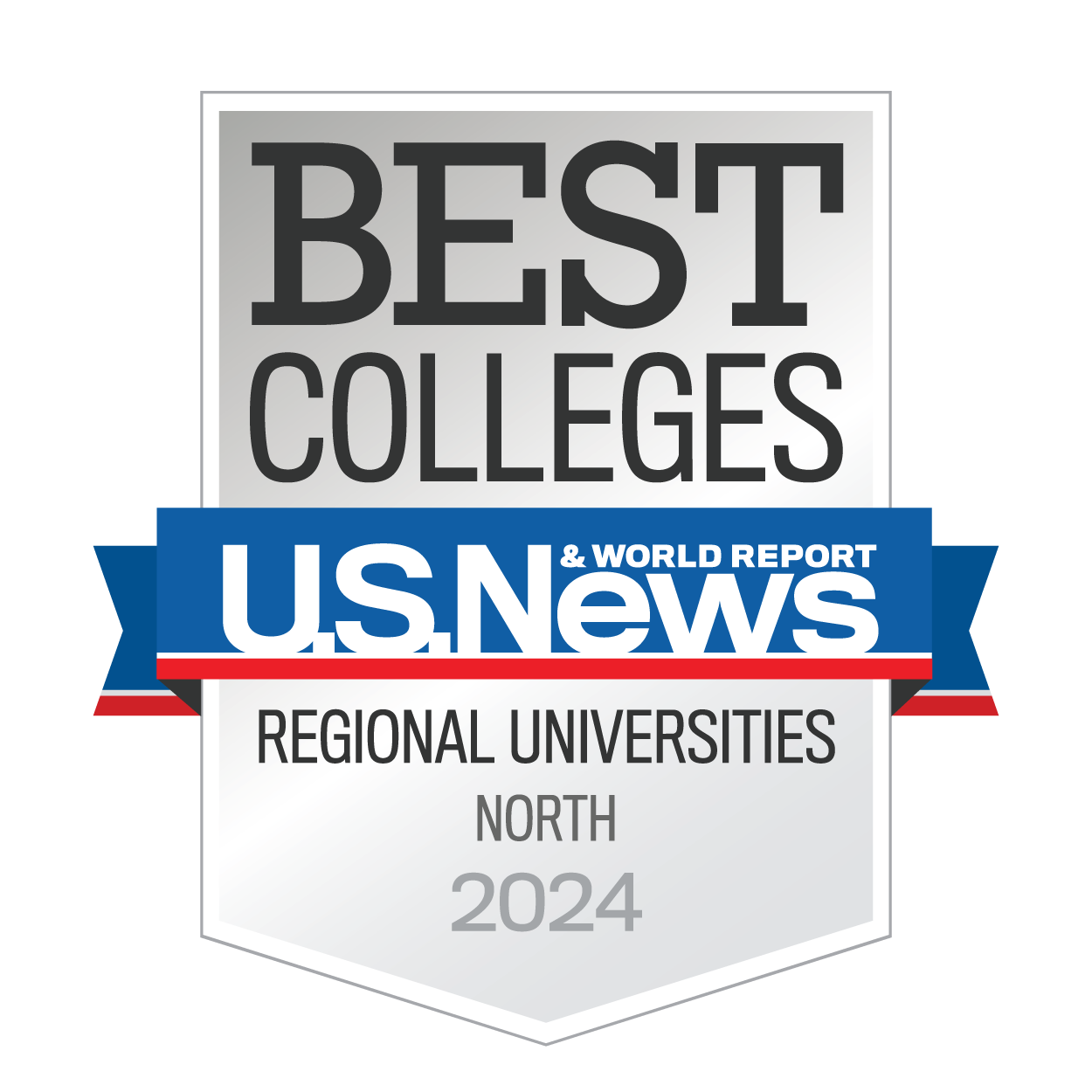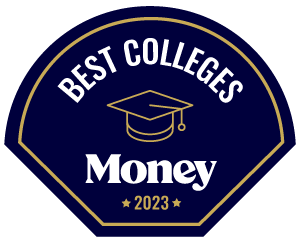Add-On License in English as a Second Language (ESL)
Earn the license you need to advance your career and specialty skills in education.
Add-On License in English as a Second Language (ESL)
Our 16-credit Add-On License in English as a Second Language (ESL) is designed for teachers who have already obtained an Initial License or a Professional License and seek to expand or “add-on” to their current credential. Our Add-On License in ESL prepares you to serve linguistically and culturally diverse students in PreK-6 classrooms.
Your program includes four 4-credit courses.
This program is approved by the Department of Elementary and Secondary Education and is aligned with the Massachusetts Professional Standards for Teachers and Subject Matter Knowledge requirements.
Learn more about Merrimack’s Add-On License in English as a Second Language.
Key features of our Add-On License in English as a Second Language program include:
Four (4) online courses
You achieve 16 credits through four convenient self-paced online courses – each is eight weeks in length and is worth four credits.
Internship
You are required to complete an internship under the supervision of your building Principal.
Immersion Events
You and other students in your program have the option of gathering together during your program for immersion events (e.g., seminars, guest speakers, and networking events) to connect in person with your peers, faculty and leading educators in the field.
What Skills Will You Develop?
To earn your add-on license in English as a Second Language (ESL) you will take 16 credits with 4 four-credit courses.
This foundational course in the graduate teacher education program for English as Second Language provides an overview of the state and federal laws pertaining to the education of English language learners as well as the background, history and philosophies surrounding instruction. The role of community, families and schools in English language learner education will also be explored.
This course takes a practical approach to the study of linguistics and of English as a second language with implications for teaching reading, writing, and grammar in monolingual or multilingual contexts. Theories of first and second language acquisition are studied and compared. The basic nature of language, oral and written language, language variation, language change, and the relations of language to society and culture are explored. The course focuses on the development of linguistic foundational knowledge elements such as phonology, morphology, syntax, semantics, and pragmatics that informs planning for teaching English learners. Structural and semantic differences between students’ first languages and English as a second language are examined and used in planning for learning.
The course provides an overview of the emergence of language and literacy in typical development as well as issues that may arise with the existence of language-based disabilities. Challenges for English Language Learners will also be addressed. Significant theories related to language development in childhood will be reviewed, as well as the topic of Augmentative and Alternative Communication (AAC).
In this course, students will learn and apply teaching strategies that support ELL’s linguistic and academic development in science, mathematics, and social studies. They will also learn how to plan and execute content-based lessons in kindergarten-grade six classrooms. The course will address the development of ELLs’ academic vocabulary and language skills, application of academic content knowledge, and higher order thinking skills. Lesson planning, implementation, and assessment occur within the sheltered content instructional model, providing extensive scaffolding strategies for comprehension and proficiency. Field experience may be required.
Tuition and Financial Aid
Add-On License in English as a Second Language (ESL)
$579
per credit*
12
credits
$6,948
tuition
*Tuition based on 2023-2024 academic year.
Tuition and fees are subject to change annually.
Additional program fees may apply.
Financial Aid
As a graduate student, you may qualify for federal support in the form of loans. We strongly encourage all eligible graduate students to apply for federal financial aid, even if they don’t demonstrate an exceptional financial need.
Complete the Free Application for Federal Student Aid (FAFSA).
Merrimack College’s FAFSA school code is 002120.
Employer Tuition Assistance
Merrimack accepts employer financial/tuition assistance. We also offer partnership discounts. Contact us or ask your employer whether your organization is an official partner with Merrimack’s online programs.
It’s Easy to Apply Online
A complete application includes:
- Online application (no fee).
- Official college transcripts from all institutions attended.
- Resume.
- Interview or Personal statement.
- Contact information for one reference or one letter of recommendation.
GRE and GMAT scores are not required.
Key Dates and Deadlines
This program enrolls six times a year. Each term is eight weeks.
Merrimack College
Accolades and Accreditation
At Merrimack College, we’re proud of our long history of providing quality degrees to students entering the job market. Our faculty are more than just teachers. We are committed to helping you grow — academically, personally and spiritually — so that you may graduate as a confident, well-prepared citizen of the world.
U.S. News & World Report | Best Regional Universities North (2024)
- Most Innovative Schools (No. 14)
- Regional Universities North (No. 33)
- Best Undergraduate Teaching (No. 31)
- Best Undergraduate Engineering Programs (No. 86)
(at schools where doctorate not offered) - Best Colleges for Veterans (No. 14)
- Best Value Schools (No. 47)
NECHE-Accredited
- Merrimack College is accredited by the New England Commission of Higher Education (NECHE).



Tell me more about Merrimack’s online programs.